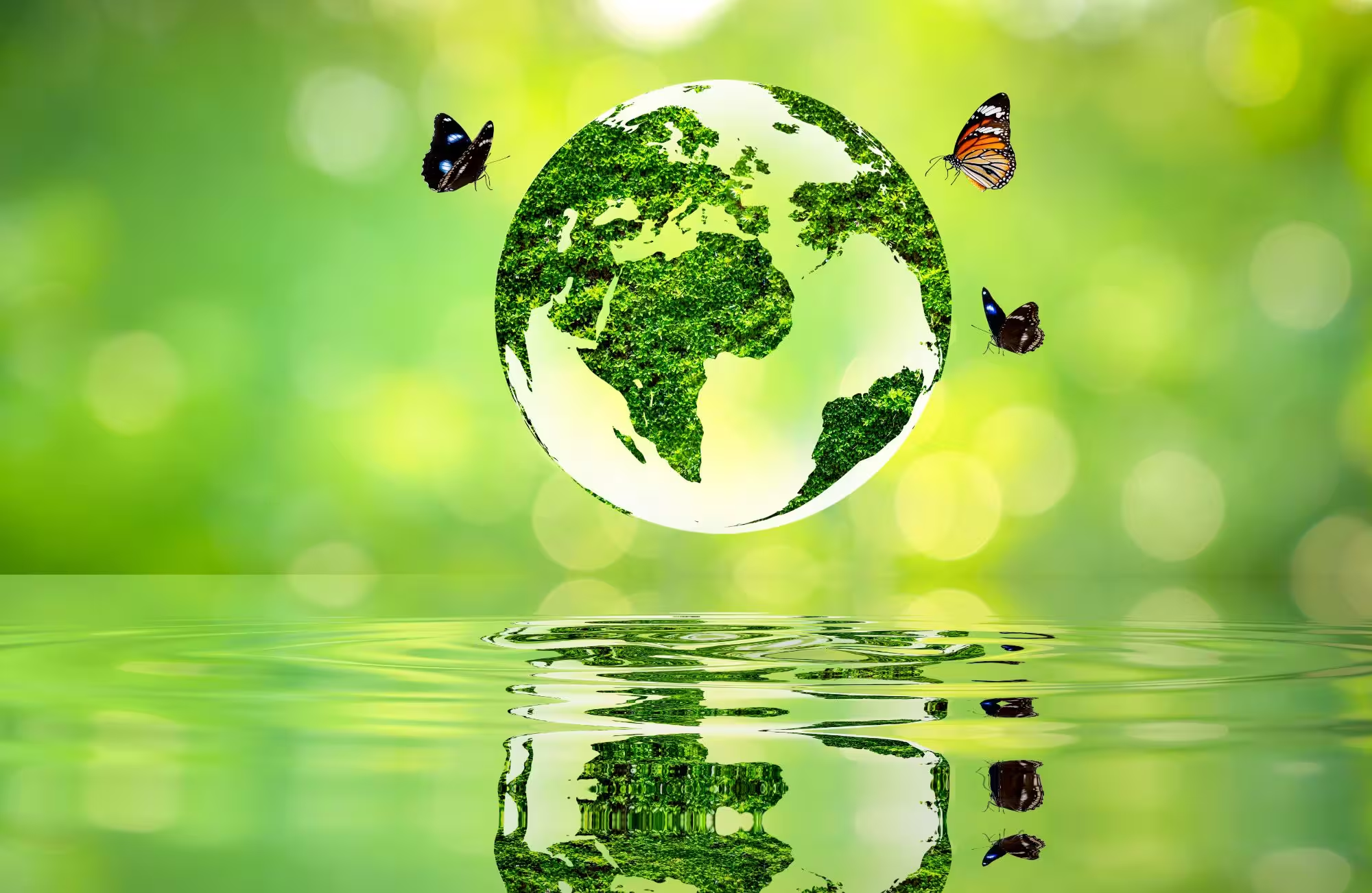Making Climate History

Histories and geographies show how the notion of climate has stabilised widely varying cultural relations between humans and their weather. Yet the historical and geographical contingencies these relations reflect are often overlooked in current scientific, political, and advocacy framings. The project, therefore, proposes a synoptic account of climate histories both as topics of inquiry and as systems of environmental and social connection.
The project’s aim is to study long-term developments of climates and climate sciences to make sense of the recent past and the present moment of urgent polemic and scientific debate. Investigating the past two centuries engages a fuller range of climate’s many temporalities, hence its multiply contested meanings. The project avoids the assumption that climate knowledge inexorably expands and improves as well as the overly simple notion that major climate changes depend on the common actions of a homogeneous human species.
A key goal therefore includes focused study of the careers of a much larger number of practitioners who have been involved in different kinds of climate knowledge. Studies of eminent protagonists are combined with systematic accounts of informants, travellers, technicians and observers who contributed to the emergence and development of climate sciences. A complementary goal is the analysis of the changing scales of time and space used to make sense of climates; and how these scales have then worked to reveal progressively the rates and extent to which these climates are now changing.
